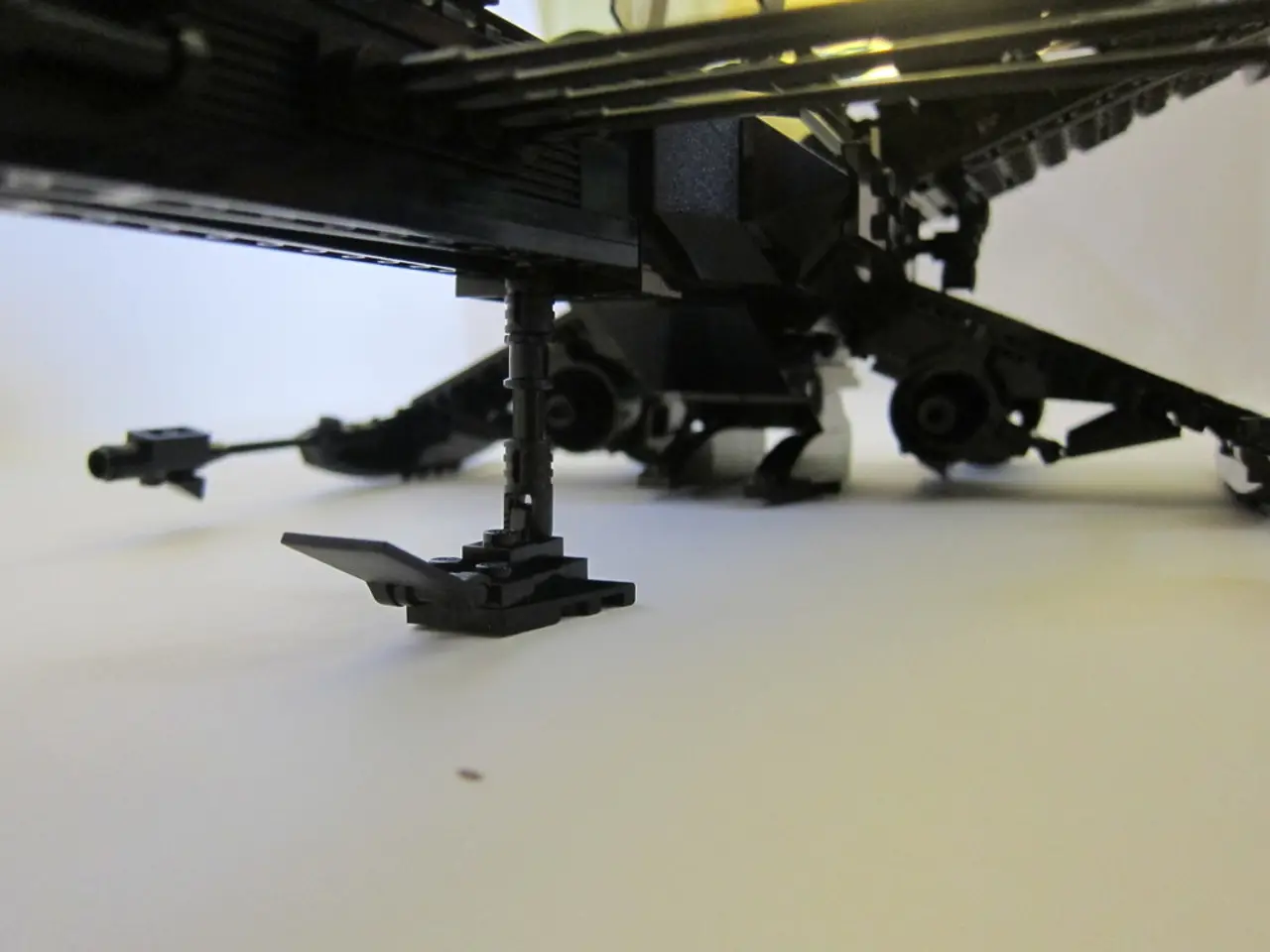Most Sophisticated Military Technologies: A Closer Look
Artificial Intelligence (AI) is playing a transformative and multifaceted role in modern military operations, fundamentally changing how armed forces make decisions, manage complex tasks, and engage in warfare.
In the realm of decision-making, AI systems are providing commanders with actionable insights that enable them to make more decisions, make better decisions, and make faster decisions than adversaries. These AI-enabled decision support tools help synthesise intelligence, assess the situation, and prioritise actions, thus empowering commanders to dominate the battlespace cognitively and operationally.
AI also improves situational awareness and battlespace understanding by processing real-time data from multiple sources such as sensors, drones, and intelligence feeds. This enables the detection and identification of targets, prediction of adversary behaviour, and provision of early warnings about threats. For example, AI-enabled image classifiers have been used to recognise vehicles and other key objects in operational theatres, improving targeting accuracy and threat detection.
Moreover, AI facilitates the coordination of numerous entities and subsystems that are too complex for human operators alone. This includes synchronising multi-domain operations such as air, land, sea, cyber, and space components, thus enabling more effective and integrated military campaigns.
In terms of automation, military applications include autonomous or semi-autonomous weapons systems, intelligent cruise missiles, and drones that can perform specific missions with reduced human intervention. Generative AI is also being explored to support casualty care, logistics, and predictive maintenance, increasing operational readiness and reducing cognitive load on personnel.
However, the integration of AI capabilities raises ethical questions about giving machines the authority to make life-and-death decisions. Furthermore, the integration of AI capabilities by adversary nations is escalating the arms race into a digital dimension.
To address these concerns, the Department of Defense (DoD) is actively establishing principles and frameworks to ensure AI systems are governable, reliable, accountable, equitable, and aligned with legal and ethical standards. This governance is critical to safely adopting AI capabilities in sensitive and high-risk military contexts.
As AI continues to evolve, we can expect to see further integration into defence strategies. This includes the use of augmented reality in combat, allowing soldiers to see vital information overlaid on their field of vision, and the use of drones for real-time intelligence gathering and precision missions. Biotechnology is also being used to enhance soldiers' physical and mental capabilities, with technologies that can monitor health in real-time.
In conclusion, AI in modern military operations serves as a force multiplier that enhances commanders' cognitive capabilities, improves operational efficiency, and enables new forms of warfare by integrating advanced analytics, autonomous systems, and ethical frameworks into military strategy and battlefield execution. The future of military technology is uncertain, but one thing is clear: AI is rewriting the rulebook, with cyber warfare being an example of fighting an invisible enemy, and military operations becoming smarter, faster, and more precise.
In the realm of data-and-cloud-computing and technology, AI systems are not only improving situational awareness but also automating military operations. For instance, AI-enabled tools process real-time data to detect and identify targets, while autonomous or semi-autonomous weapons systems perform specific missions with reduced human intervention. As the Department of Defense continues to govern AI systems to ensure they are reliable, accountable, and aligned with legal and ethical standards, the integration of AI capabilities in cybersecurity aspects, such as cyber warfare, becomes increasingly significant.




